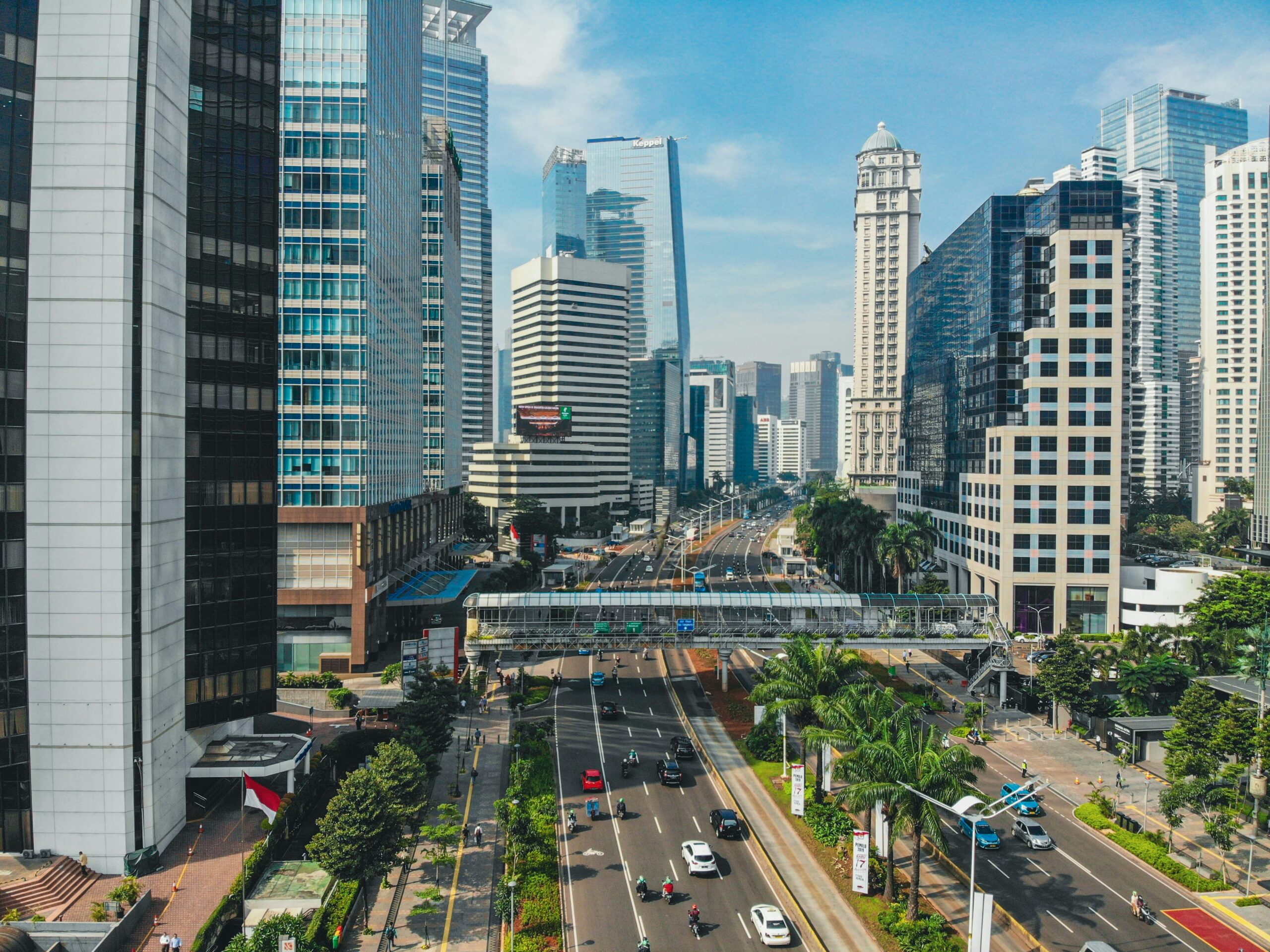Indonesia’s progress in developing smart cities appears to be stalling, as reflected in the latest IMD Smart City Index 2025. The capital, Jakarta, remains in the same position as last year, ranked 103rd globally. Notably, it has been overtaken by Ho Chi Minh City, Vietnam, which was previously ranked below Jakarta.
Aside from Jakarta, the Indonesian cities of Medan and Makassar also made the list, but their rankings show little to no improvement. Medan dropped one spot to 113, while Makassar climbed just one position to 114. In contrast, other Southeast Asian cities have shown more positive momentum.
Cities such as Singapore, Kuala Lumpur, Bangkok, Hanoi, and Ho Chi Minh outperformed their Indonesian counterparts. Among Southeast Asian cities, only Manila, ranked 125, placed lower than Jakarta, Medan, and Makassar. Singapore remains the regional leader at rank 9, although it dropped four places from last year.
Smart City Index: 9 Cities Highlight
Here’s how Southeast Asian smart cities fared in the 2025 index, quoted from pasardana.id:
- Singapore – Rank 9 (down from 5)
- Kuala Lumpur – Rank 65 (up from 73)
- Bangkok – Rank 86 (down from 84)
- Hanoi – Rank 88 (up from 97)
- Ho Chi Minh City – Rank 100 (up from 104)
- Jakarta – Rank 103 (unchanged)
- Medan – Rank 113 (down from 112)
- Makassar – Rank 114 (up from 115)
- Manila – Rank 125 (down from 121)
The IMD Smart City Index is an annual global survey conducted by the World Competitiveness Center (WCC), measuring residents’ perceptions of how advanced and intelligent their cities are. A smart city, according to IMD, balances economic growth, technological development, environmental sustainability, and social inclusion to improve residents’ quality of life.
Indonesia’s Smart City Key Challenge
However, major Indonesian cities continue to struggle with critical issues. Arturo Bris, Director of the WCC, pointed out that urban challenges such as traffic congestion and corruption are major concerns.
“For Jakarta residents, the three most urgent problems are air pollution, traffic congestion, and corruption or lack of transparency,” he said in the report, as quoted by bisnis.com on Wednesday, April 9, 2025.
In Medan, public safety, corruption, and traffic are the top concerns, while in Makassar, unemployment, corruption, and congestion are major issues.
Another growing concern highlighted in the index is housing affordability. The rising cost of living in big cities is no longer just a low-income issue but is increasingly affecting the middle class as well.
“To assess this, IMD asked whether residents could find housing where rent is 30% or less of their monthly income,” the report explains. In Jakarta, fewer than 20% of respondents said they pay rent within that threshold. In Medan, the number drops to just 10%.
“As global urban centers continue to drive economic growth and attract migration, they also face significant rises in living costs,” Arturo emphasized. He added, “There’s a widening gap between urban salary growth and soaring housing prices.”
The current stagnation in Smart City Indonesia rankings indicates a need for strategic improvements in infrastructure, governance, and urban planning. Without significant progress, Indonesia risks falling further behind in the regional and global smart city landscape.
Source: bisnis.com, pasardana.id
Photo Credit: Afif Ramdhasuma (pexels.com)


